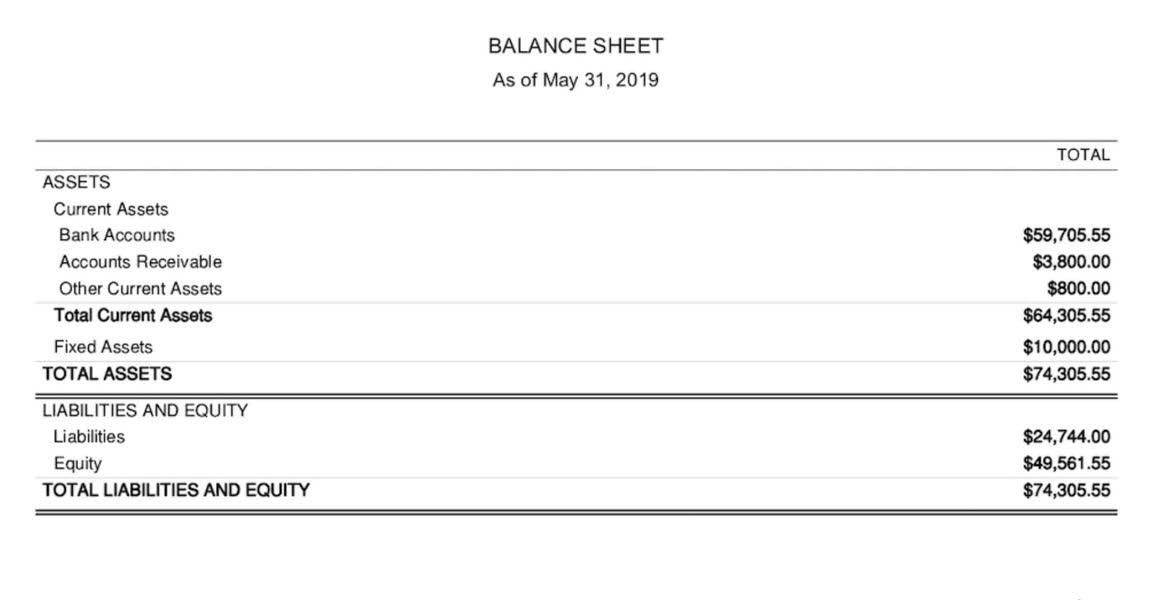Content

If you ever have any questions about your escrow, including timing, speak with your lender directly. You will typically not be responsible for securing your own escrow agent. Instead, your broker or lender will facilitate the process—you just have to supply the money. Escrow accounts are also used in mergers and acquisitions (M&A), to decrease risk in transactions by holding a percentage value of the deal. This allows the buyer to make claims against the seller and retrieve the funds if the seller does not meet certain terms of the agreement.
Your lender will take your mortgage payments and send a portion to the escrow account to cover insurance and taxes. Mortgage escrow accounts, also called impound accounts in some parts of the country, are often required by lenders. Typically, you’ll need an escrow account if your down payment is less than 20 percent, or if you’re financing your home purchase with an FHA loan or USDA loan, but not with a VA loan. Escrow relating to buying a house is an account (called the escrow account) in which money from the potential homebuyer is deposited. The money is required to ensure the buyer is seriously considering the home and has the funds to make the purchase.
What Does Escrow Mean in Real Estate?
By understanding how escrow works and the different types available, you can ensure that your next real estate transaction goes smoothly. Escrow agreements must fully outline the conditions between all parties involved. Having one in place ensures all the obligations of the parties involved are met, and that the transaction is conducted in a safe and reliable manner. The closing process varies somewhat by state, but basically, you’ll need escrow real estate definition to sign a ton of paperwork, which you should take your time with and read carefully. After all the papers are signed, the escrow officer will prepare a new deed naming you as the property’s owner and send it to the county recorder. It’s a good idea to re-inspect the property just before closing to make sure no new damage has occurred and that the seller has left you items specified in the purchase agreement such as appliances or fixtures.
In some cases, purchasing flood insurance in addition to your homeowner’s insurance will solve this problem. In rural areas, a land survey should be done to verify the boundaries of the property—in urban areas, the boundaries tend to already be very clear. It is sometimes recommended to get an environmental inspection to check for toxins in the home such as mold, radon gas, and asbestos. There can also be problems on the home site, like contamination from a location near a landfill, former oil field, dry cleaner, or gas station. Any problems uncovered in this area can mean serious health hazards and may be prohibitively expensive to fix. If there are, you’ll want to know about them so you can back out of the purchase, ask the seller to fix them, or ask the seller to lower the price so you can handle the repairs yourself.
How much does escrow cost?
When you make your mortgage payment, you’re likely paying extra into escrow for your insurance and taxes. Escrow accounts don’t cover all the expenses related to homeownership. Your lender or servicer won’t collect money to pay your utility bills or HOA fees, for instance. To protect both the buyer and the seller, an escrow account will be set up to hold the deposit. The good faith deposit will sit in the escrow account until the transaction closes. Escrow is a legal arrangement in which a third party temporarily holds money or property until a particular condition has been met (such as the fulfillment of a purchase agreement).

The escrow agent, which is typically a lawyer, holds the assets until predetermined contractual obligations are fulfilled. Once the agreement terms have been satisfied, the escrow agent releases the funds or property held in escrow to the appropriate party. In the US, escrow payment is a common term referring to the portion of a mortgage payment that is designated to pay for real property taxes and hazard insurance.
Approve the Seller Disclosures
By this point, you should have a good idea of what escrow is, but what about the process behind it? The escrow amount generally ranges from between 1% to 3% of the total sale price, and is deposited into escrow after an offer is accepted by the seller. The neutral third party safely holds on to the funds until closing when the sale is finalized and the title is transferred over. The total time that funds sit in escrow depends on the length of the closing period.
This includes homeowner’s insurance and any extra coverage required in your geographic area such as flood insurance. You will be required to have homeowner’s insurance until your mortgage is paid off—and you’d probably want it, anyway. Another way to think of it is as a “good-faith” deposit into an escrow account, which will compensate the seller if the buyer breaches the contract and fails to close. Bankrate.com is an independent, advertising-supported publisher and comparison service. We are compensated in exchange for placement of sponsored products and, services, or by you clicking on certain links posted on our site.
The escrow agent—likely an attorney—is bound by the terms of the agreement. One of those hard-to-understand elements is the process of being in escrow. An escrow account is a third-party account that holds a good faith deposit payment for the house, which eventually goes towards the downpayment of the house if the sale moves forward. Escrow occurs between the time a seller accepts the offer and the buyer gets the keys to the new house. Your first encounter with an escrow account will likely be after the seller accepts your offer on a home. As part of your signing a purchase and sales agreement, you deposit earnest money to show the seller you’re serious about purchasing the property.
- Situations that may use escrow can involve internet transactions, banking, intellectual property, real estate, mergers and acquisitions, law, and more.
- About your inquiry and other home-related matters, but not as a condition of any purchase.
- This website is using a security service to protect itself from online attacks.
- When those payments are due to either a homeowners insurance agency or the IRS, the lender pays them for the homeowner out of the escrow account.
- The funds will be held in the account until the seller provides proof that they have transferred ownership of the property to the buyer.
- Because the escrow company is working for both the buyer and the seller in the real estate transaction, the fee for their services is usually split evenly between the two parties.
- If none of these options is possible, you will be able to cancel the purchase contract.
If the appraisal comes in lower than the offered price, the lender will not give you financing unless you are willing to come up with cash for the difference or the seller lowers the price to the appraised amount. Our mission is to provide readers with accurate and unbiased information, and we have editorial standards in place to ensure that happens. Our editors and reporters thoroughly fact-check editorial content to ensure the information you’re reading is accurate. We maintain a firewall between our advertisers and our editorial team.